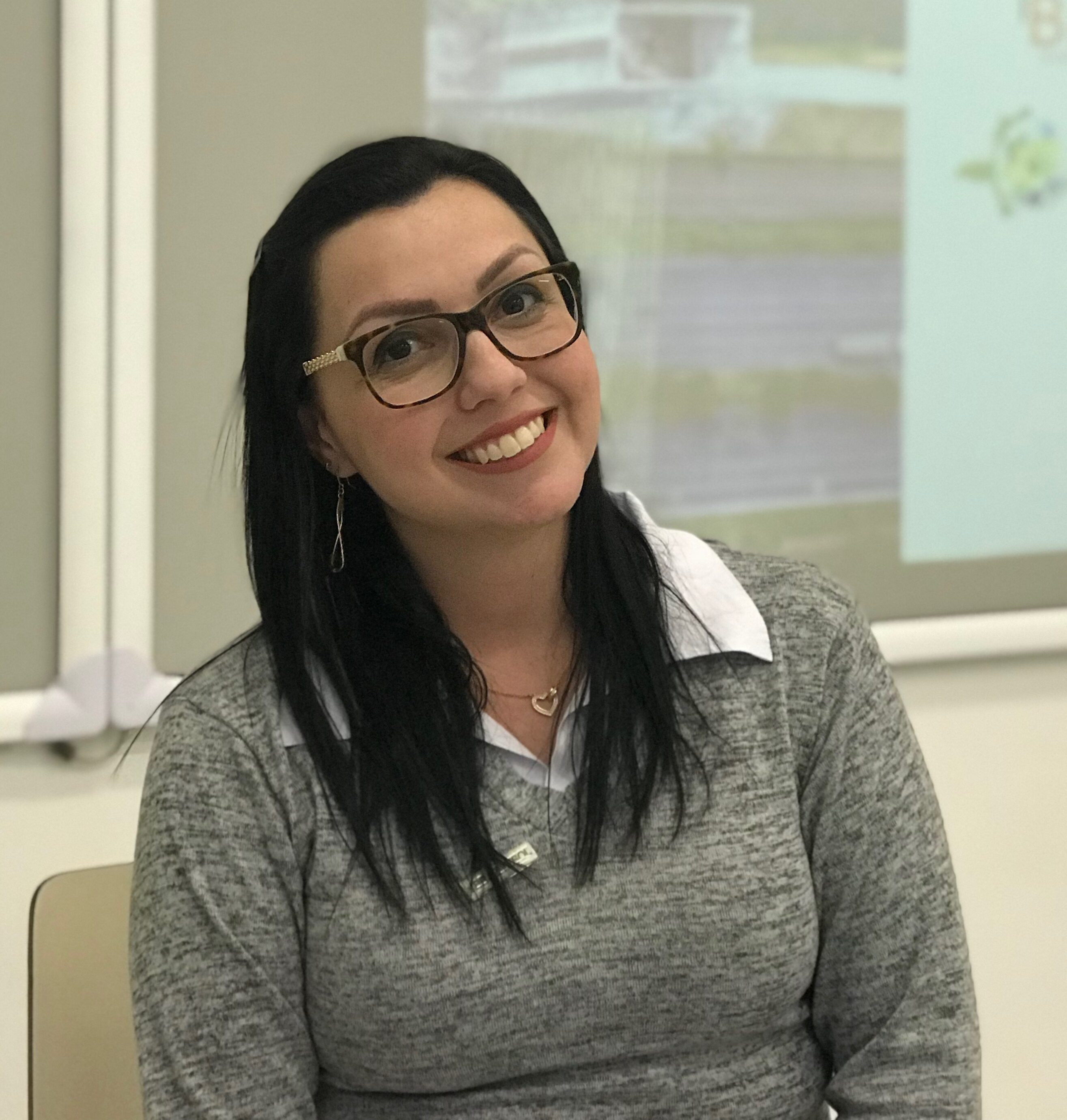Augmented Reality: is it worth it?
Although augmented reality (AR) and virtual reality (VR) are quickly becoming mainstream in education, and by 2018, the AR device market is expected to reach about $660 million, according to the New Jersey Institute of Technology.
AR and VR found their way into the EFL classroom in 2016, when the incredibly popular smartphone game Pokémon Go was launched and many teachers and language centres tried to incorporate it. However, only two years later, the outcomes of this initiative still remain unclear.
Ever since, while AR goggles have become quite common and affordable, their practical application in English language teaching remains fairly limited. Why is that? First of all, building effective scenarios and integrating it in an EFL lesson with little or no disruption is still quite challenging. Students are not used to it, coursebooks are not adapted and we still see that moment of ‘ok, let’s stop what we are doing and have a AR moment’. Considering all these constraints, plus the fact that setting up an AR task can be quite time consuming, the question remains: is it worth it?
In my opinion, it depends. AR and VR are highly effective when you want students to experience something that is not in the classroom, such as a work of art. However, it’s important to bear in mind that the mainstream use of AR is for input only; learners and teachers are passively consuming content, and you should consider whether this content serves a communicative purpose.
I find that the SAMR model can be particularly useful to assess the use of AR in your current context. Assessing if the benefits of AR outweigh the time and effort needed to put the lesson together might be the first step to secure its effective use in your classroom.
Have you used AR or VR in your classroom? What do you think of these technologies?
Read more about the SAMR model here.






